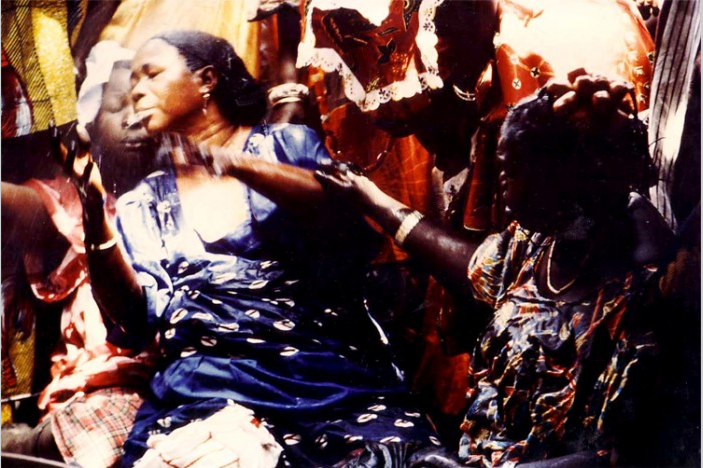Leave me alone to complete the business of my life, and know that I will never forget you.
This is what author Andrew Solomon was instructed to say, to the spirits that had caused his depression. He did this as part of a Senegalese ritual known as ndeup, which is performed to cure mental illness.
While the idea of evil spirits causing depression may seem superstitious to the western mind, there is a certain beauty to the way the Senegalese perceive mental illness, and most especially, it’s cure.
Once an individual is understood to have been cursed, it becomes the role of the community to restore balance, and bring her back to herself .
This point of view is fairly incompatible with traditional western psychology. Solomon recounts the words of a Rwandan he met on his travels:
“We had a lot of trouble with western mental health workers who came here immediately after the genocide and we had to ask some of them to leave…
Their practice did not involve being outside in the sun … which is, after all, where you begin to feel better.
There was no music or drumming to get your blood flowing again when you’re depressed, and you’re low, and you need to have your blood flowing.
There was no sense that everyone had taken the day off so that the entire community could come together to try to lift you up and bring you back to joy.
There was no acknowledgment that the depression is something invasive and external that could actually be cast out of you again.
Instead, they would take people one at a time into these dingy little rooms and have them sit around for an hour or so and talk about bad things that had happened to them.
We had to get them to leave the country.”
What’s interesting here is that many elements of the Rwandan and Senegalese practices are supported by western science.
Light therapy has been shown to be effective, not just for Seasonal Affective Disorder, but also nonseasonal depression. Vitamin D (the “sunshine vitamin”) deficiency has been correlated with depressive symptoms. Music has been shown to reduce anxiety and stress. Vigorous exercise has been associated with better mood.
But it is the shared communal responsibility that stands in stark contrast to the western model. Mental illness is considered a private affair, the discovery of which often leads to ostracism and shame. Isolation aggravates mental illness. And we have no cultural context within which to address mental illness on a communal, compassionate level.
At the end of his ndeup, Solomon recounts, “…I felt so up! It had been quite an astonishing experience. Even though I didn’t believe in the animist principles behind it, all of these people had been gathered together, cheering for me, and it was very exhilarating.”
Watch Solomon recount his experience:
What changes would you like to see in the western treatment of mental illness?
Photo credit: www.senegalvision.com
Teray Garchitorena Kunishi, ND
Get in touch at http://www.deeplyhappy.com/contact/
Latest posts by Teray Garchitorena Kunishi, ND (see all)
- Racism is a Public Health Threat - June 4, 2020
- The Dark Side of Excellence - April 14, 2017
- A Calling for the Ages - November 10, 2016
